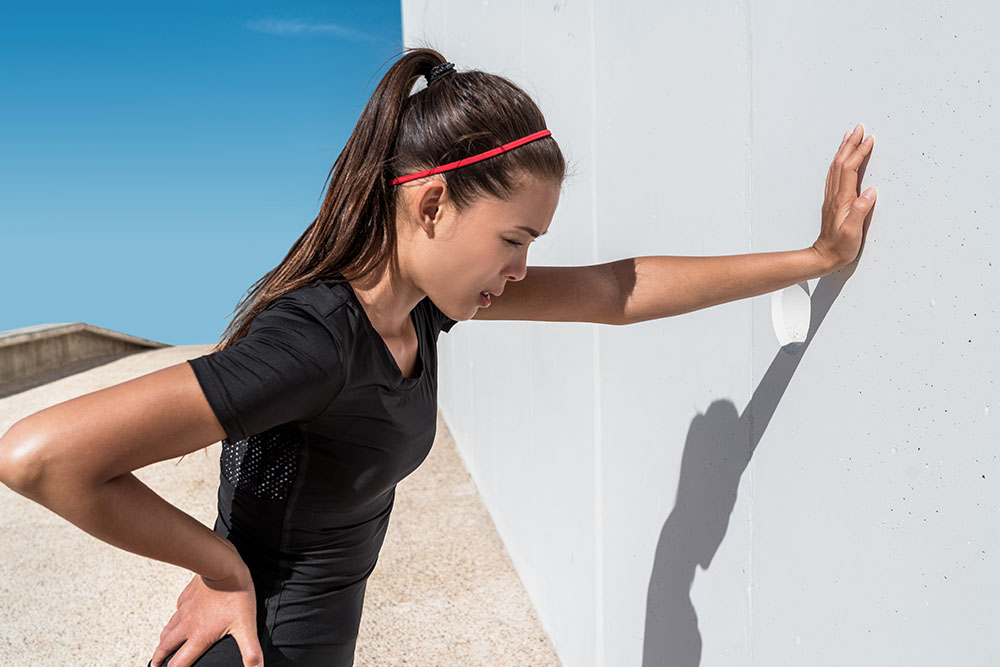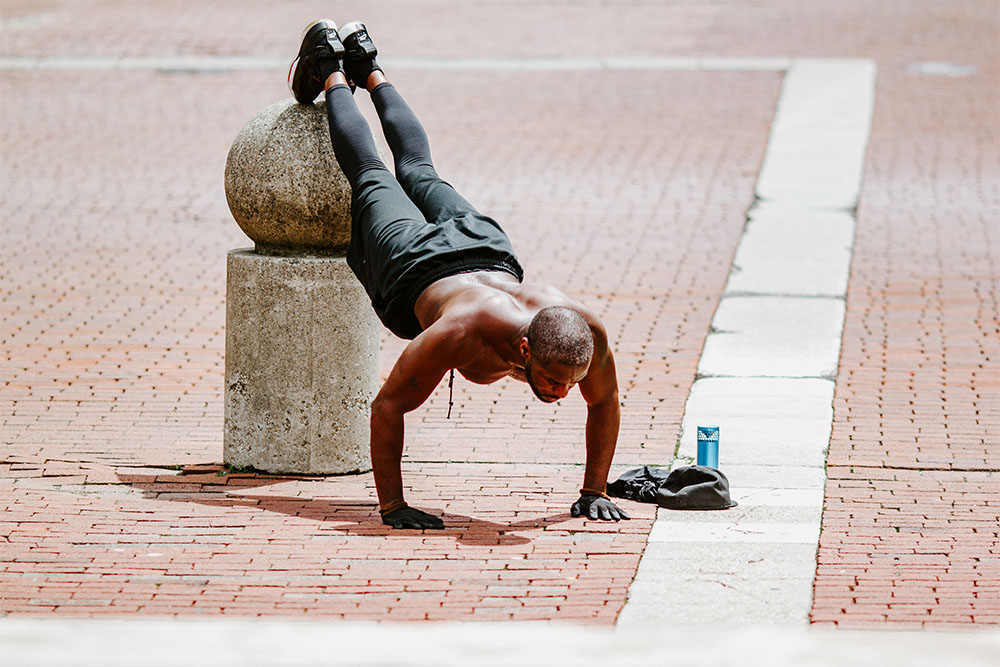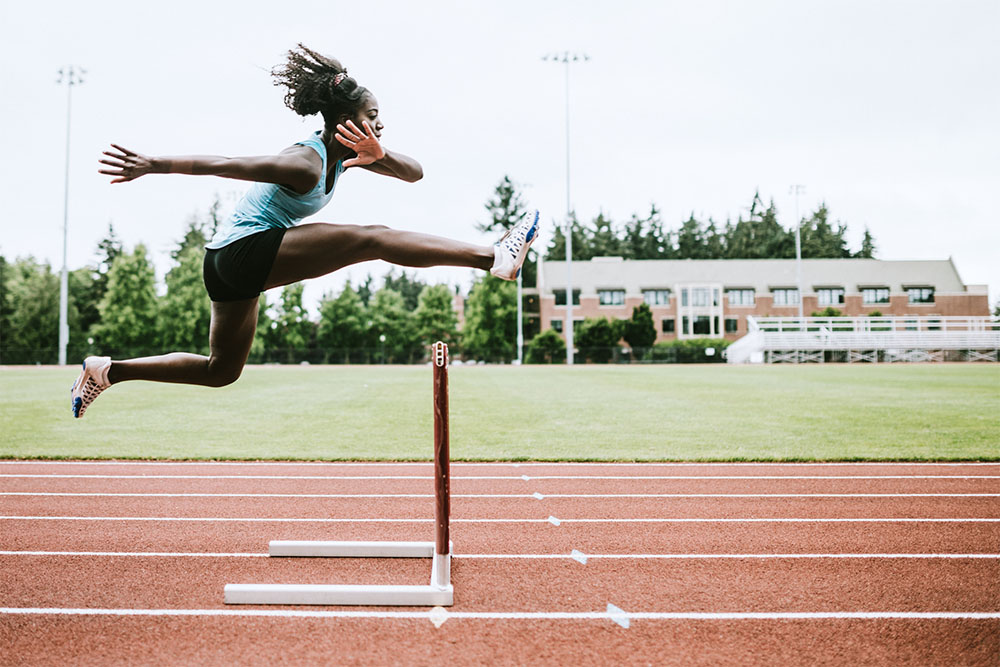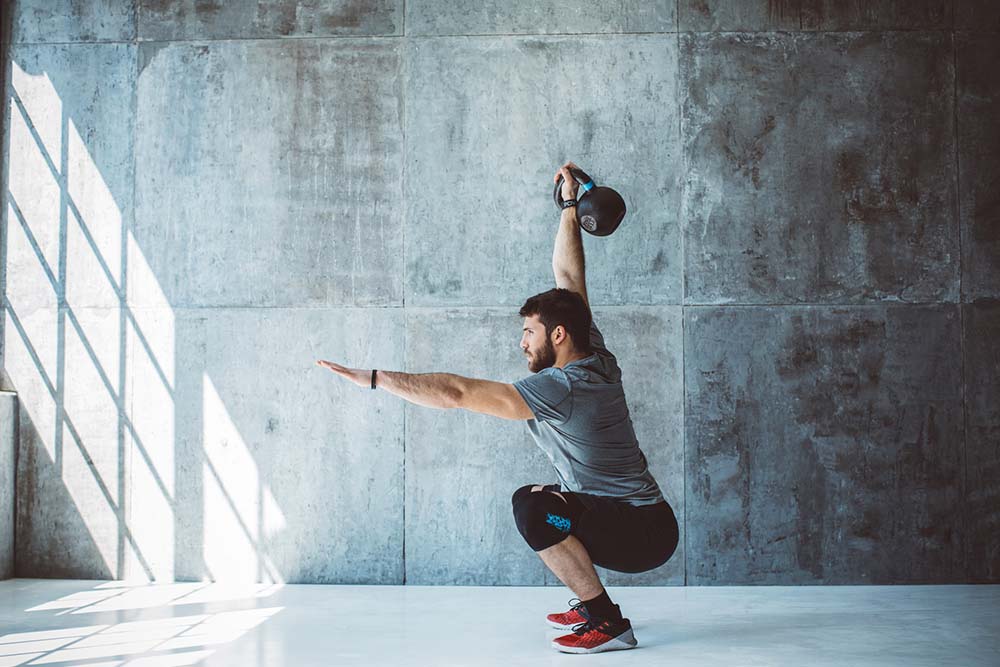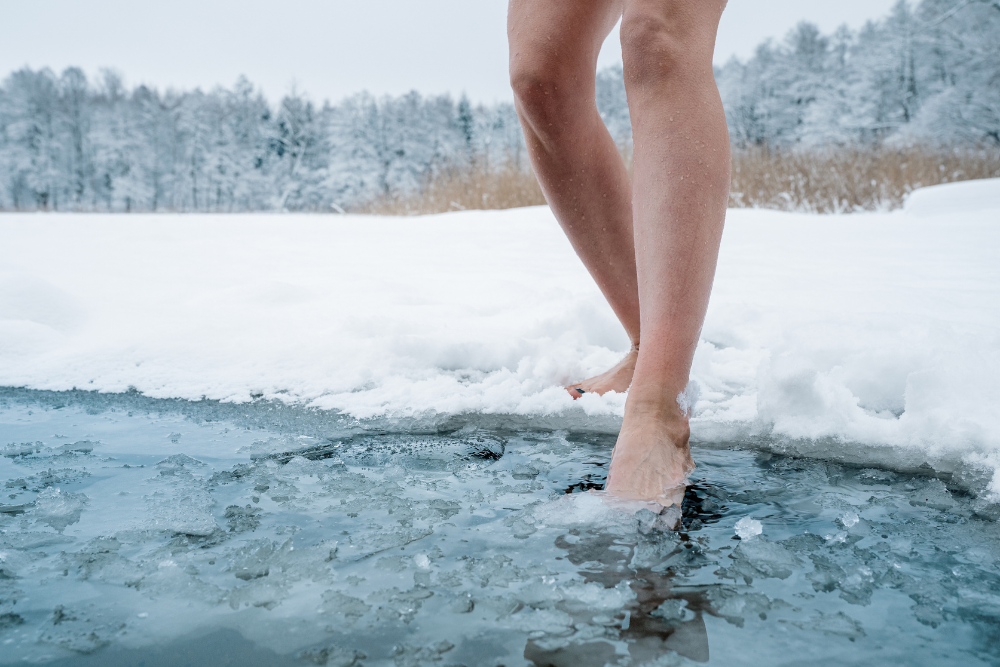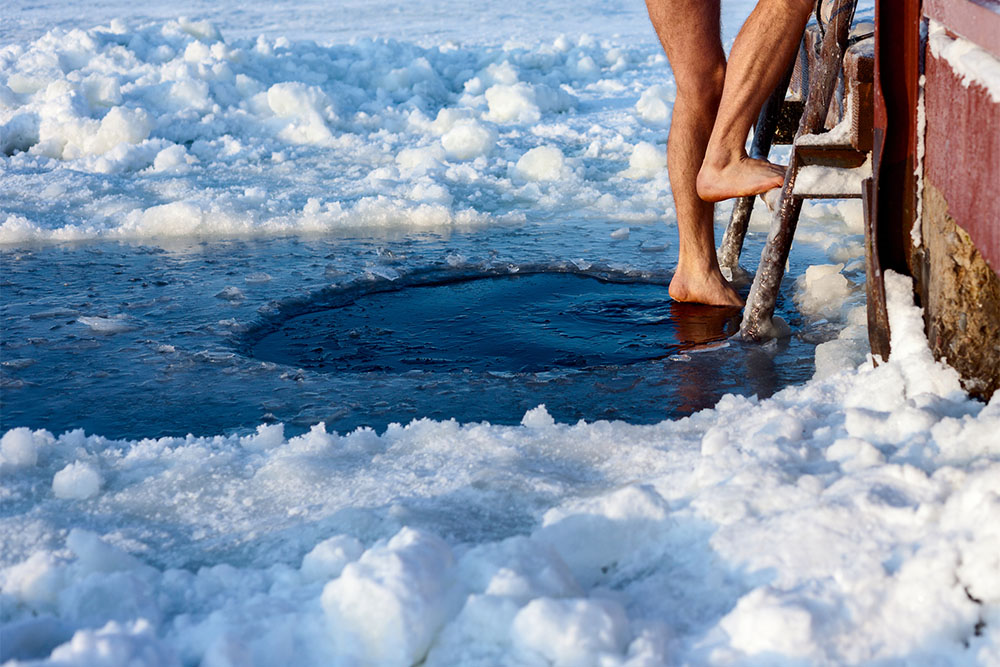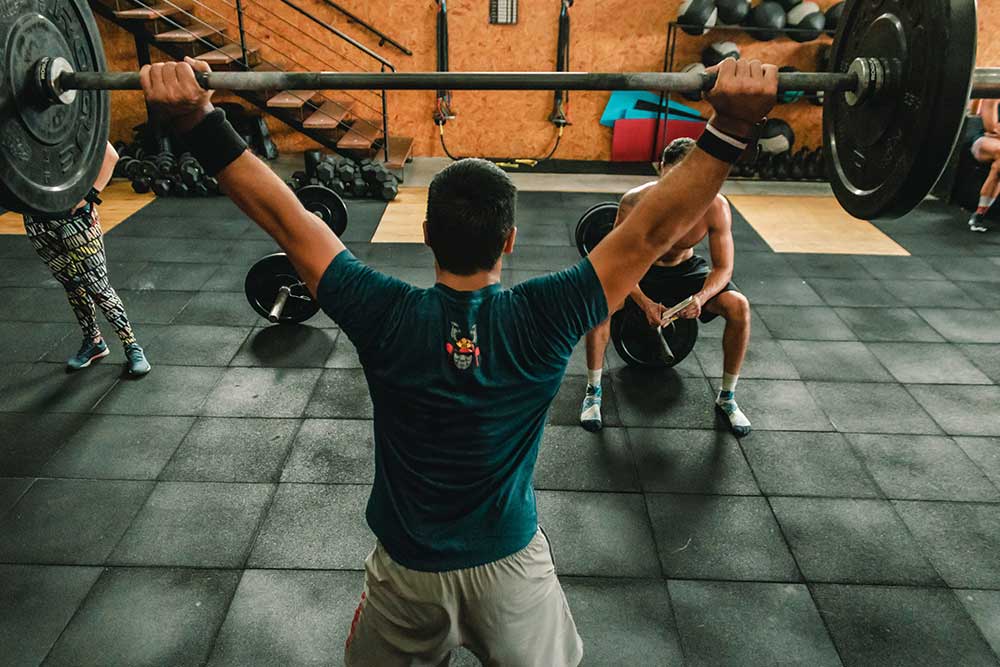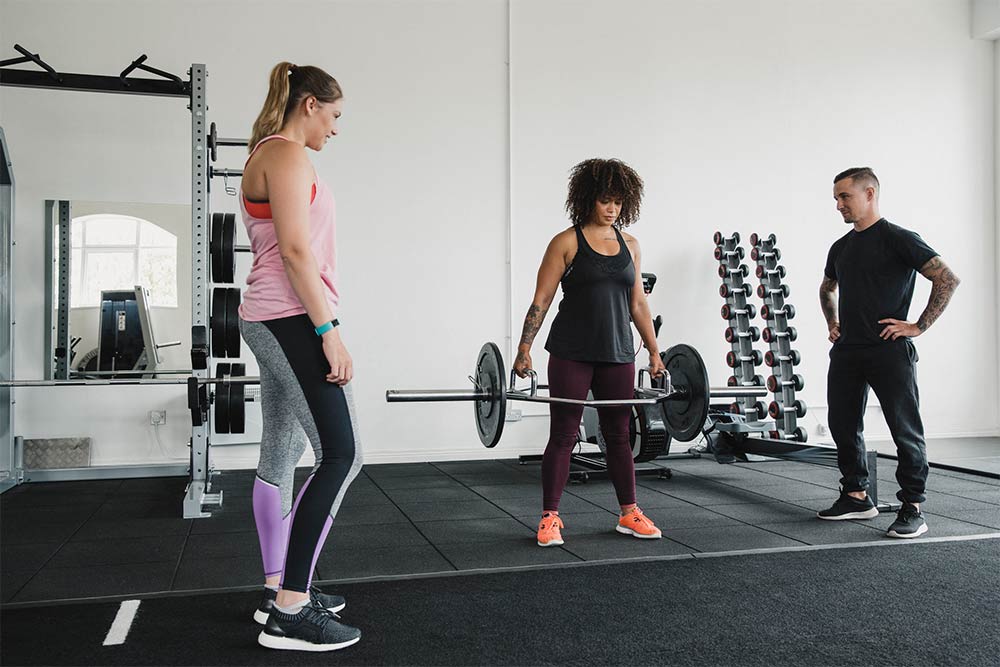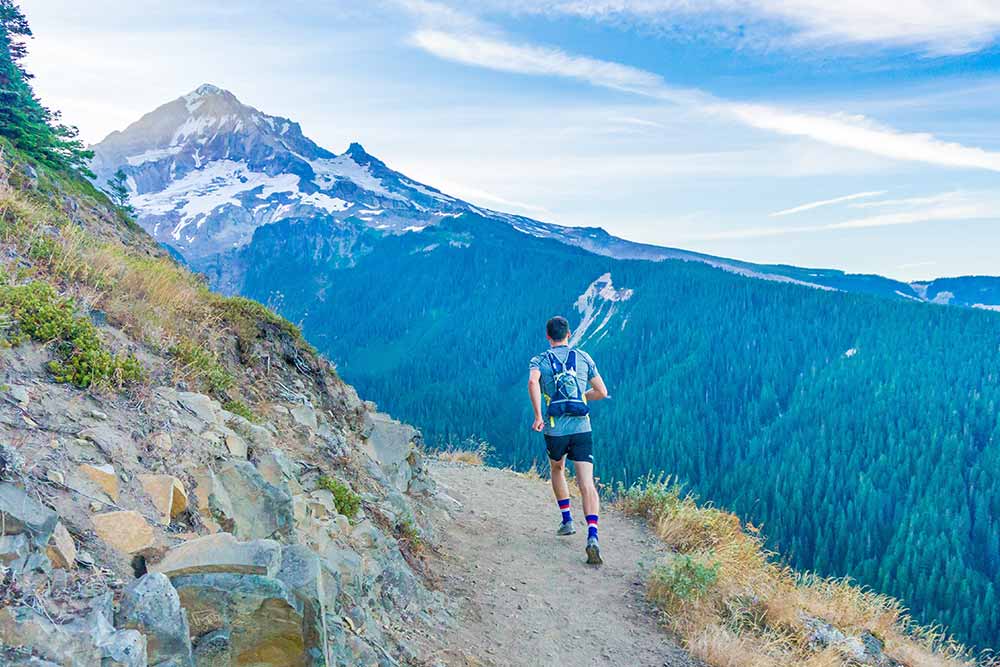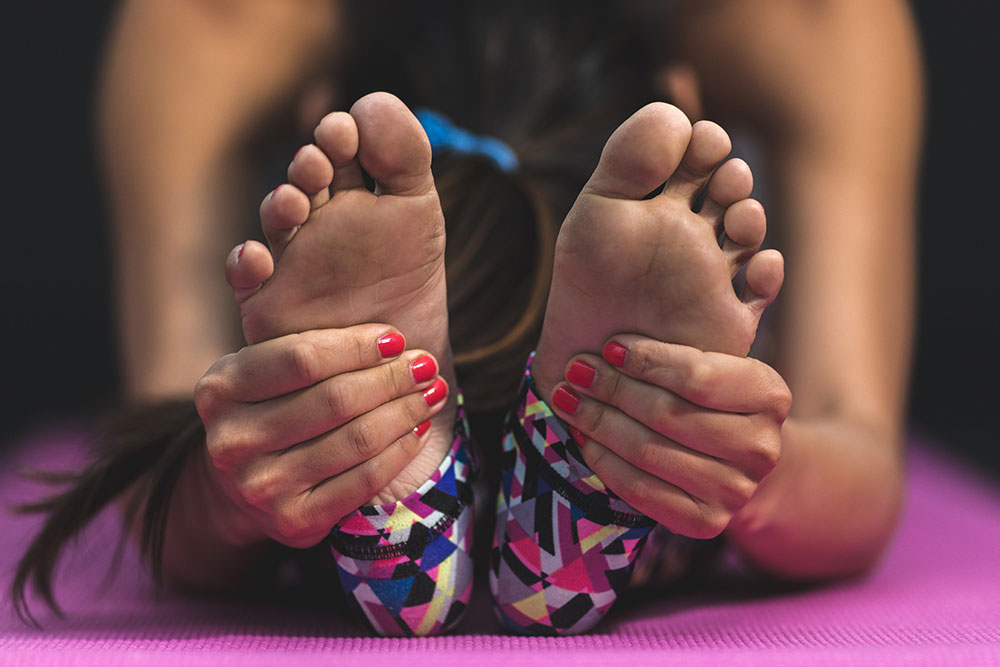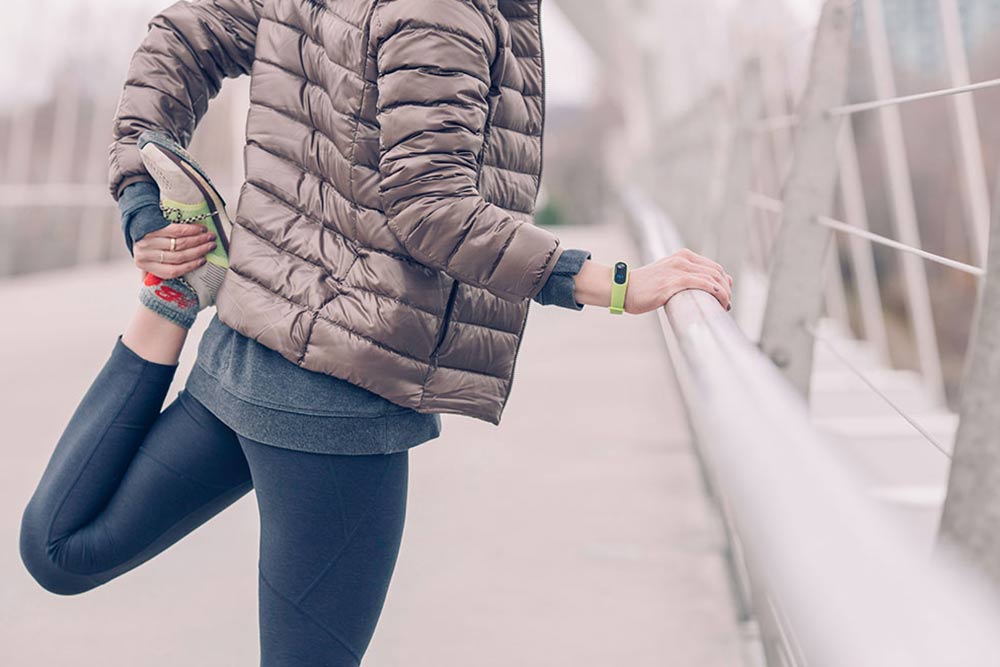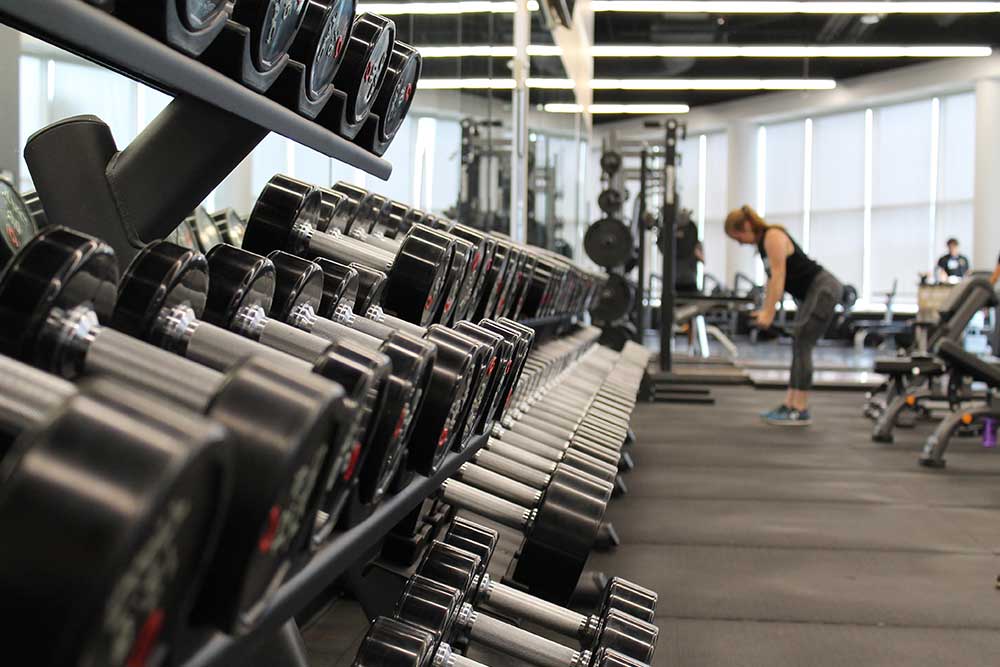Ice Baths- Help or Hinder?
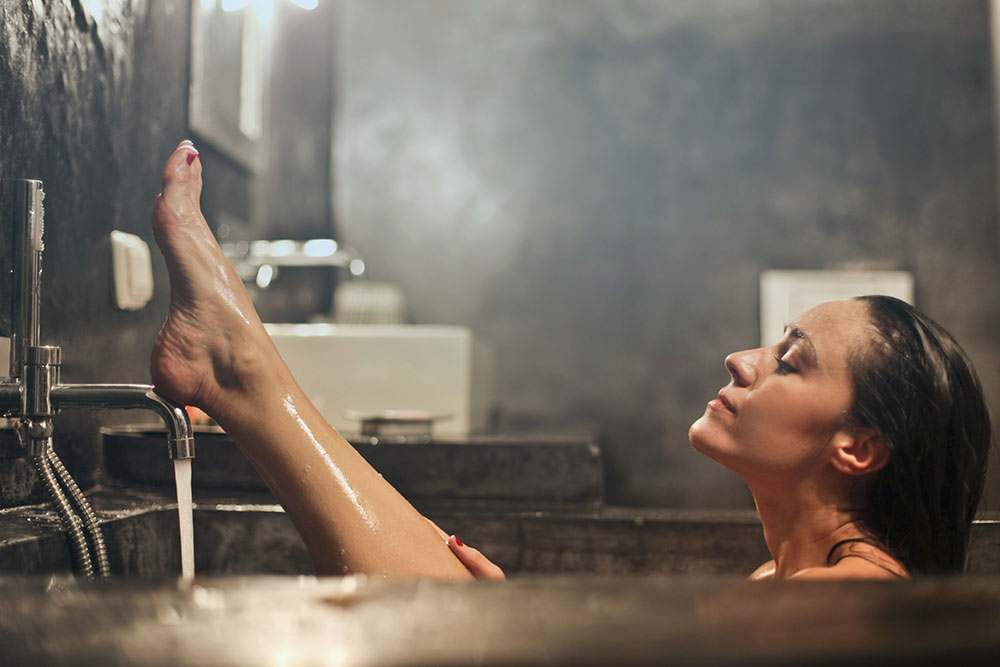
Dayton Kelly
This article was adapted from a combination of speeches given at the European Sports Science Conference 2018, most notably Cas Fuchs (Maastricht University, Netherlands).
Immersion in cold water has been long thought to promote exercise recovery by reducing soreness and improving functionality following training. To exert this effect, exposure to cold water was thought to shunt blood flow away from the chilled muscle, limiting the transport of immune factors to the site of muscular damage and thereby the inflammation
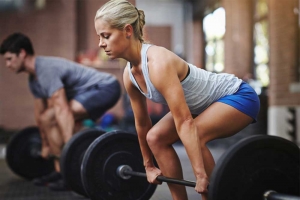
responsible for exacerbated pain and reduced range of motion. Inflammation, however, is an important requisite for stimulating muscle growth. Resultingly, cold water immersion has come under scrutiny by researchers for its potential to blunt training adaptations.
Related Article: 3 Natural Remedies for Sore Muscles
A mixture of results has followed investigations of the effects of cold water immersion on resistance training with reviews generally finding a small negative effect of cold water immersion on the adaptive response. Investigations have demonstrated both reduced muscle size and strength adaptions following resistance training with cold water immersion as well as a reduced inflammatory response at the site of the exercised muscle. No study, however, has demonstrated the presupposed connection between these two findings – a reduction in the construction of muscle – until now.
Cold Water Immersion Reduces Muscle Protein Synthesis.
To demonstrate this connection, researchers from the University of Maastricht collected a sample of twelve healthy male adults and subjected them to a leg-based resistance training protocol. Following training, participants dunked their legs for 20 minutes in two separate water baths: one leg contained within a bath chilled to 8°C and the other leg in a bath at a neutral temperature. Participants then drank a protein-based beverage containing two varieties of radiolabeled amino acids. As the body began to incorporate these amino acids into muscle during the recovery, a muscle from each leg in each participant was biopsied and the tissue compared at 2 and 5 hours following ice bathing. Leg temperature was also monitored to validate their manipulation.
It was discovered that significantly greater amino acid incorporation, and therefore protein synthesis, occurred in the limb that experienced the neutral temperature bath as compared to the leg exposed to the cold-water bath. Significantly colder temperature readings from the skin and muscle of the cold water immersed leg suggest that this difference in muscle protein synthesis is due to the cold temperature aspect of the water immersion protocol. The authors explain this reduction in muscle growth could occur through two potential mechanisms:
- Reduced blood flow: in line with the initially described mechanism of cold water immersion, the body may shunt blood flow, and therefore amino acid supply, away from the site of the cold exposure to preserve body heat. While it is very likely the body is utilizing this shunting strategy, it is uncertain whether the supply of amino acids to the damaged muscle is the limiting factor in growth.
- Reduced rate of reaction: chemical reactions proceed more slowly in cold conditions as there is less available energy to overcome repulsive intermolecular forces and molecular movement. Thus, the reactions necessary to produce muscle protein synthesis may be proceeding at a slower rate, resulting in less muscle protein deposition
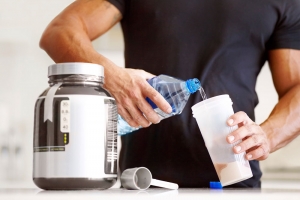 during recovery following exercise.
during recovery following exercise.
Related Article: Reduce Muscle Fatigue With Foam Rolling
The Takeaway
Given previous literature demonstrating reduce training adaptations, as well as the more recent investigation, combining cold water immersion with exercise, should be avoided when stimulating muscle adaptation is the goal. However, ice bathing and associated practices may still be beneficial for situations when athletes need to return to maximal performance in the shortest amount of time and the effects on adaptation are less concerning (e.g. between games for the competitive athlete). Thus, athletes should reserve ice bathing for situations in which they must return to play quickly and are unconcerned with blunted training adaptations.
Alternate Tips for Recovery and Maximizing Training Benefits
- Stretching: Stretching increases your flexibility which can aid in a better range of motion and decrease the chances of injury. It also relieves muscle tension, which can help to lessen the soreness of your muscles after a workout.
- Pre-Workout Nutrition: Eating a small snack combining protein and carbohydrates will set your post-workout self up for success! Having a boost of this combination pre-workout has positive effects on the quality of your recovery. what you eat before your workout is carried with you after your workout and having the proper fuel for your body does wonders for muscle repair.
- Post-Workout Protein: Protein has long been known as the holy grail of workout recovery supplements and we stand by it! Protein helps to repair muscles after a workout and protein shakes are great for fast absorption to restore levels of glycogen, insulin, and energy post workout.
- Eat Potassium: Potassium plays an important role in muscle energy and recovery of strained muscles. Eating bananas or potatoes after a workout will be extremely helpful for speeding your recovery!
- Get Quality Sleep: Quality sleep is vital for anything from a workout to day-to-day functioning. It is recommended that we get 7-9 hours of sleep every night to give our bodies optimal time to recover. Without consistent quality sleep, we can also see the negative effects of this on our mental health and can impact our drive during training.
- Foam Rolling/ Light Exercise: We’ll put these two together as their benefits are similar. Both foam rolling and light exercise after a workout stimulate blood flow and increase circulation in your muscles which promotes recovery.
Consider these tips for recovery after your next intense workout!
Additional readings:
Bleakley, C. M., & Davison, G. W. (2009). What is the biochemical and physiological rationale for using cold water immersion in sports recovery? A systematic review. British journal of sports medicine, bjsm-2009.
Fröhlich, M., Faude, O., Klein, M., Pieter, A., Emrich, E., & Meyer, T. (2014). Strength training adaptations after cold-water immersion. The Journal of Strength & Conditioning Research, 28(9), 2628-2633.
Roberts, L. A., Raastad, T., Markworth, J. F., Figueiredo, V. C., Egner, I. M., Shield, A., … & Peake, J. M. (2015). Post‐exercise cold water immersion attenuates acute anabolic signalling and long‐term adaptations in muscle to strength training. The Journal of physiology, 593(18), 4285-4301.
You Might Like:


